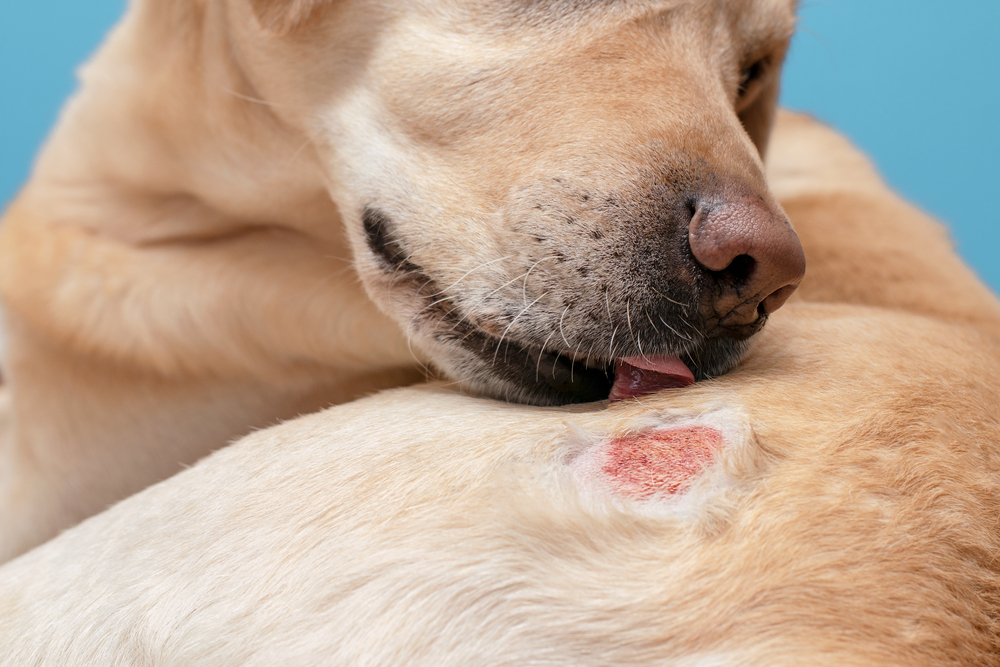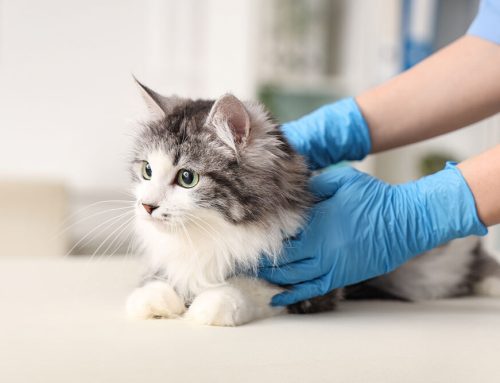It’s amazing how many people believe the myths and misinformation about skin care that swirl around us. Often, the claims are obviously too good to be true. You know you can’t banish decades of wrinkles in 10 minutes with a miraculous cream or reverse 20 years of sun damage with a magic pill. When it comes to your pet’s skin care, though, it’s sometimes harder to separate fact from fiction.
Fortunately, we can help. Dermatology is one of our specialties at Homestead Animal Hospital, and we know how uncomfortable it can be for your dog or cat when they develop rashes, scaly patches, and other signs of an infection or allergic reaction. It can be frustrating for you, too. You may think you know what’s bothering them and try a home remedy that doesn’t work. Or you may assume it’s something minor that will go away on its own.
Skin care for cats and dogs isn’t that simple, though. Issues can include bacteria, food allergies, or atopic dermatitis, as well as chronic yeast infections, ringworm, alopecia, mange, and more. Many causes exist for pets’ skin problems, and some have similar signs. Instead of making assumptions, rely on our veterinary team to provide the diagnosis, treatment, and preventive medication that will get your dog’s tail wagging again and your cat’s purr rumbling loudly once more.
Here are some persistent misconceptions and the truth about them.
Myth: If my pet has itchy, irritated skin, they must be allergic to something
Truth: While allergies can cause some skin conditions in dogs and cats, parasites and autoimmune disorders are responsible for others. Our veterinary team has the tools to provide a diagnosis of the problem and develop a plan for treatment and prevention.
Myth: Outdoor pets are the only ones who get flea and tick bites
Truth: These parasites don’t care where your pet spend their time. They can easily invade your indoor living space on their own or hitch a ride with a cat, dog, or person coming in from outside. Signs that your pet is having an allergic reaction to flea or tick saliva include inflamed, dry, or irritated skin; frequent scratching; and hot spots. All pets need year-round prevention to protect them from fleas and ticks.
Myth: Pets’ hot spots don’t do any harm and always heal on their own
Truth: These areas of inflamed and infected skin, known as acute moist dermatitis, develop quickly and can lead to serious skin infections. If you see redness, swelling, or oozing lesions on your pet’s skin, you need to take them to the veterinarian right away for treatment and management of the condition.
Myth: Dry skin in cats and dogs is nothing to worry about
Truth: A little dryness may be normal, but extremely dry or flaky skin can point to an underlying issue such as allergies, improper nutrition, or environmental issues. Our veterinary team can help determine why your pet’s skin is so dry and recommend treatment options that could include changing their diet, adding supplements, or soothing their irritated skin with medicated shampoos.
Myth: Bathing your pet frequently helps to alleviate skin problems
Truth: Too much bathing can strip away the natural oils that keep pet’s coats healthy. This can worsen irritation and dryness and lead to other skin issues. Your dog or cat doesn’t need frequent baths unless a veterinarian recommends them to treat a particular problem.
Myth: You can safely use over-the-counter medications for people to treat your pets’ skin conditions
Truth: Remedies intended for humans may do nothing at all for pets. Worse, they may be toxic to pets and cause serious adverse reactions. The only appropriate medications are treatments specially formulated for cats or dogs that are recommended by a veterinarian.
Myth: Coconut oil can cure any skin condition in pets

Truth: Coconut oil can moisturize and temporarily relieve your pet’s dry skin, but it’s not a cure-all. How effective it is depends on the cause of the skin condition. Only a veterinarian is qualified to make a diagnosis and choose the best course of treatment.
There’s no need to start from scratch when dealing with your pet’s skin problem. Contact our Homestead Animal Hospital to make an appointment.
















Leave A Comment